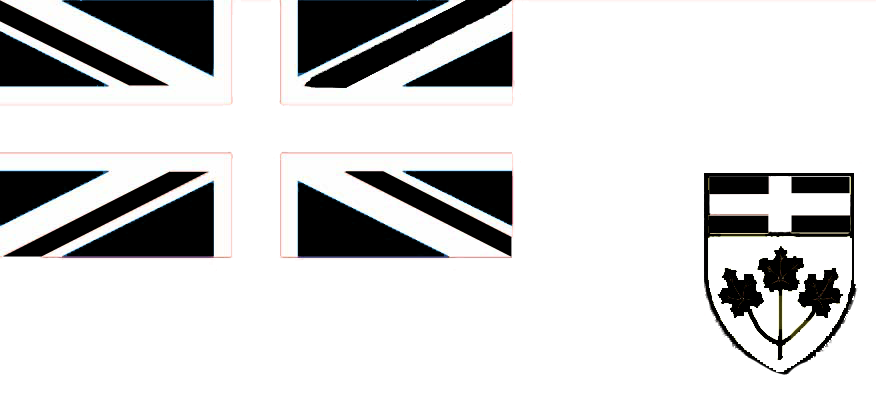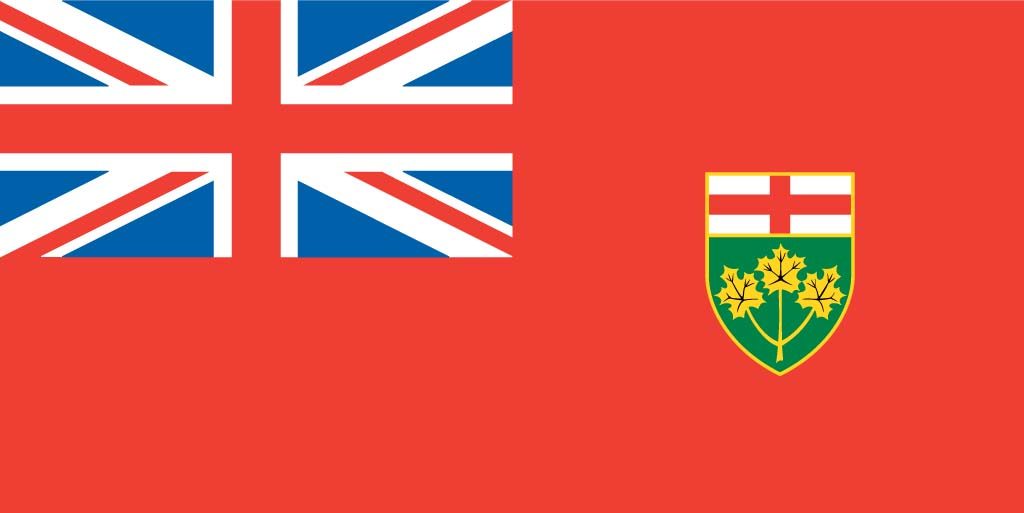
Ontario Divorce Information Network
Le Réseau d'information sur le divorce de l'Ontario
Divorce and Taxes in Ontario
If you are researching a divorce or separation in Ontario, the Ontario Dispute Resolution Platform offers a suite of educational tools and resources that will clarify your legal rights, help you to make smart decisions, create a personalized separation plan, and provide you with continued support.


Resources
Frequently Asked
WHAT IS FINANCIAL DISCLOSURE?
WILL FAILURE TO COMPLETE FINANCIAL DISCLOSURE AFFECT MY SEPARATION AGREEMENT?
THE PARENTING PLAN?
FORMAL VALUATION OF PENSIONS
RESEARCHING SEPARATION OR DIVORCE IN ONTARIO?
LITIGATION?
- UNCONTESTED DIVORCE?
Useful Links
Divorce and Taxes in Ontario
WHEN DOES CANADA REVENUE AGENCY CONSIDER YOU SEPARATED?
Canada Revenue Agency (CRA) considers you separated when you live separate and apart from your spouse or common‑law partner for a period of 90 days or more due to a breakdown in your relationship. A separation of less than 90 days is not considered a separation for the purpose of Child and Family Benefits when it comes to divorce and taxes. Once you have been separated for 90 days, the effective day of your separated status is the day you began living separate and apart.
CAN MY SPOUSE AND I LIVE IN THE SAME HOUSE AND BE CONSIDERED “SEPARATED” BY CRA?
Even though it may be legally possible to be separated and still live in the same house, CRA will generally not consider a separation to have occurred if you continue to live together in the same household. CRA has different standards when it comes to divorce as compared to the legal system. An exception to this may occur when separate living quarters are self‑contained in the same household. However, if you reside in the same household and continue to share parenting and financial responsibilities, CRA will not consider a separation to have occurred for the purpose of administering the Canada Child Benefit (CCB) or Goods and Services Tax/Harmonized Sales Tax (GST/HST) credit.
HOW WILL A CHANGE IN MY MARITAL STATUS AFFECT MY DIVORCE AND TAXES?
If your marital status changes, be sure to let CRA know immediately, as this may change the way your divorce and taxes are handled. An update in your marital status may affect the amount of CCB and/or GST/HST credit to which you are entitled. If you have registered with the “My Account” service, you can view the marital information CRA has on file for you and you can change your information online. If you are not registered online, inform CRA of your new status and the date of the change in a letter or by completing form RC65 “Marital Status Change”.
CANADA CHILD BENEFIT:
If you or your new spouse or common-law partner have children who are residing with you, CRA will move all the children to the female parent’s account. If you are married or living common-law with a person of the same-sex, one of you will receive the CCB for all the children. To continue receiving the CCB, you and your spouse or common-law partner must file a tax return every year, even if you have no income to report.
GST/HST CREDIT:
If you did not apply for the GST/HST credit on your tax return and your status is now separated, widowed, or divorced, you may apply by writing a letter to your tax centre. Once the centre reviews your request, they will send you a GST/HST credit notice advising you of the amount of your GST/HST credit.
WORKING INCOME TAX BENEFIT (WITB) ADVANCE PAYMENTS:
If your marital status has changed, you will need to file a new WITB Advance Payment application. If you do not file a new WITB Advance Payment application, your WITB advance payments will be stopped until a new application is received. The application deadline date is August 31.
DIRECT DEPOSIT:
If you receive your benefits by Direct Deposit, please inform CRA if your information needs to be modified. This is to prevent benefits from being deposited into the wrong bank account. If you are not on Direct Deposit, you may want to consider registering.
Resources learn more
The Ontario Divorce Information Network
IMPORTANT learn more
Articles to read for filing a divorce
CAN MY SPOUSE AND I LIVE IN THE SAME HOUSE AND BE CONSIDERED “SEPARATED” BY CRA?
HOW WILL A CHANGE IN MY MARITAL STATUS AFFECT MY DIVORCE AND TAXES?
CANADA CHILD BENEFIT:
WORKING INCOME TAX BENEFIT (WITB) ADVANCE PAYMENTS:
ARE YOU RESEARCHING SEPARATION OR DIVORCE IN ONTARIO?
THE SEPARATION AGREEMENT